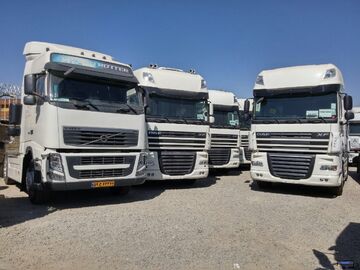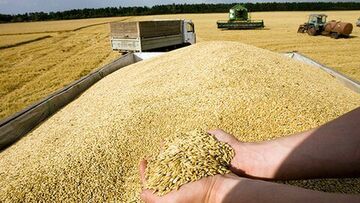Tehran(Bazaar)-Kavickumar Muruganathan, Sustainability and Digitalisation Specialist in an interview with Bazaar News Agency said: according to the World Economic Forum (WEF), the circular economy, which promotes the elimination of waste and the continual efficient use of natural resources, offers an alternative to a linear economy that can yield up to $4.5 trillion in economic benefits to 2030.
Bazaar:What is the impact of a circular economy on macroeconomics?
Muruganathan :Circular economy embraces a new way of using resources. The traditional means of using resources was linear. However, the circular economy ensures that waste is repurposed and returned into the value stream for production again.
The circular economy is a systems solution framework that tackles global challenges like climate change, biodiversity loss, waste, and pollution. We must transform every element of our take-make-waste system: how we manage resources, how we make and use products, and what we do with the materials afterwards.Rather than developing products that wear out quickly and must be replaced, adding to landfills and waste deposits, circular economy companies focus on maintaining the value of their products, through maintenance, upgrades, repair, or re-marketing.
Bazaar:What emerging technologies in this field can lead to more performance and What are the challenges for countries in this area?
Muruganathan :Chemical recycling, blockchain and big data are some of the emerging technologies that can create a more circular economy. The challenge remains in many countries on how to establish an ecosystem for circularity. This would mean having to reset traditional economic transactions to establish a mindset of seeing value in waste streams and ensuring that waste in production is minimised as much as possible.
Bazaar: To understand the importance of this issue, please tell a statistic in this regard
Muruganathan :The 2021 Circularity Gap Report states the global economy is only 8.6 per cent circular and sets an ambitious target of becoming 17 per cent circular by 2030 by targeting sectors with high potential for change. According to the World Economic Forum (WEF), the circular economy, which promotes the elimination of waste and the continual efficient use of natural resources, offers an alternative to a linear economy that can yield up to $4.5 trillion in economic benefits to 2030.It presents huge potential for global economic growth and will also accelerate society towards a sustainable future.















نظر شما